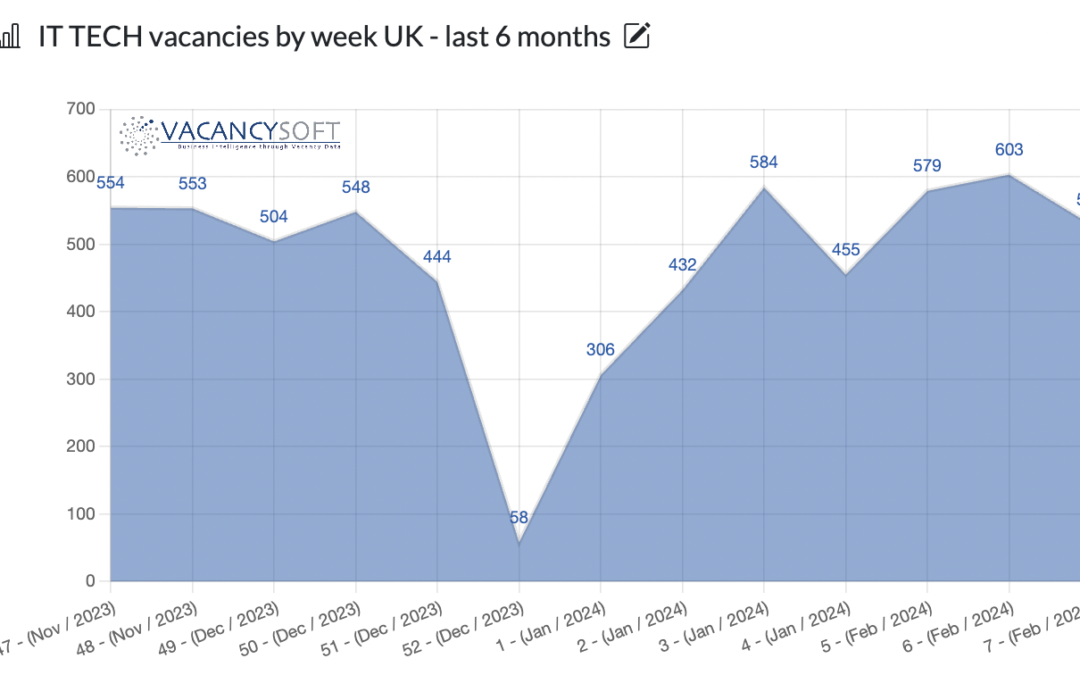
First ARM relists to the NASDAQ and sees their share price double since their IPO. Now more companies are being targeted as the UK struggles to compete in a new world order, where it is no longer able to operate as the financial services capital of the EU.
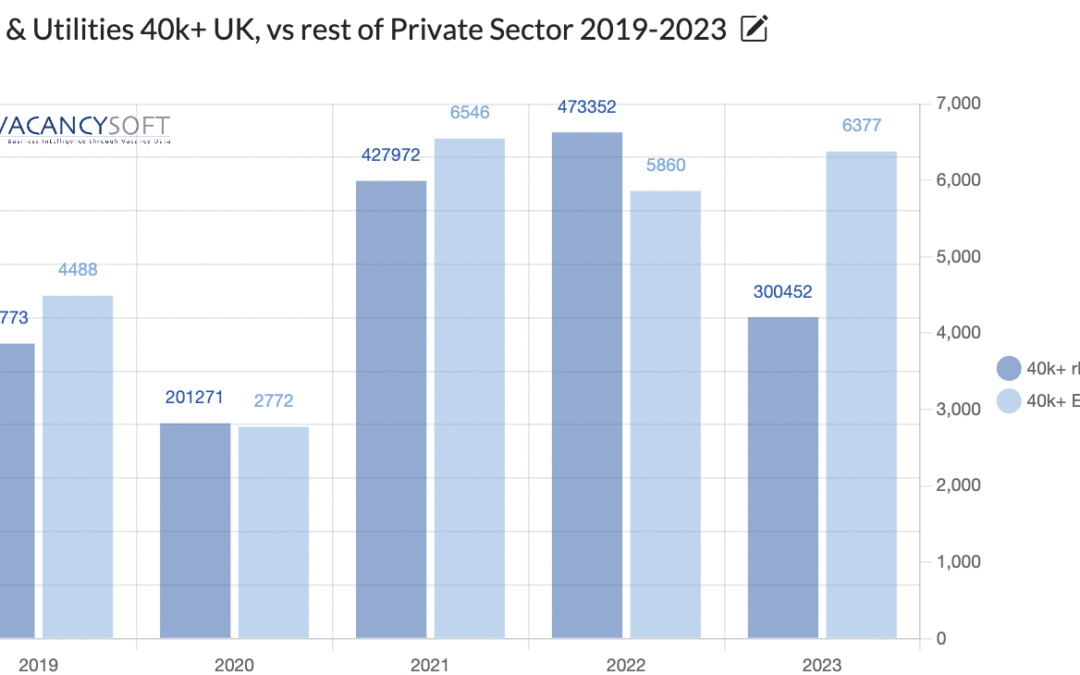
This week, it was reported that the economic downturn in Q4 had meant the UK is in recession. Hardly the news Sunak needed on the eve of two by-elections. Hunt was quick off the mark talking about the fact that overall the economic indicators are positive looking ahead, which is fair comment, equally the fact salary inflation remains high, has led to suggestions that any hope of interest rates coming down in the first half of the year are fanciful.
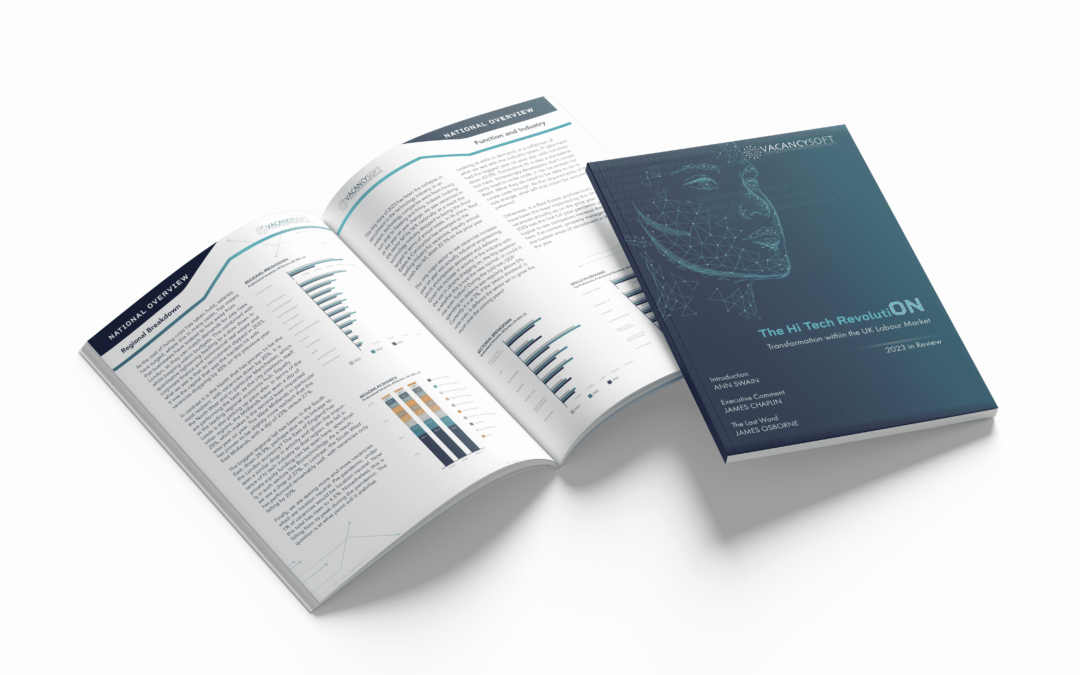
Next Tuesday sees the launch of our annual magazine, in which we are focusing on the transformation happening in the labour market as a result of technology.
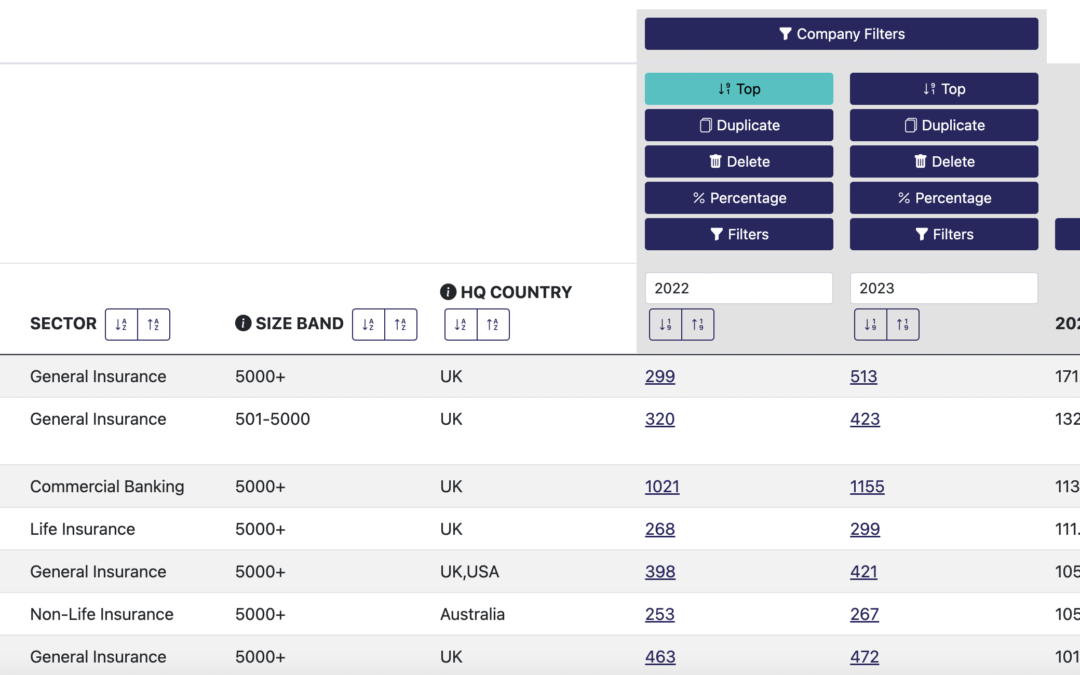
Direct Line is a company we are recommending keeping an eye on in 2024, after they recorded a 71% increase in vacancies from 2023 compared to 2022.
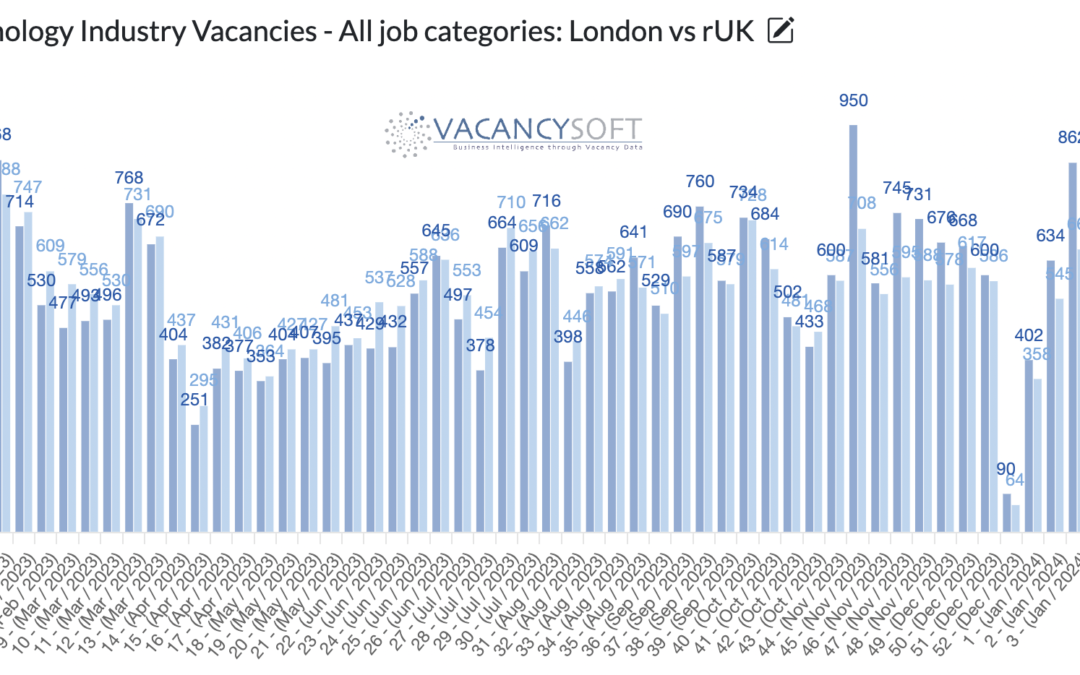
It’s official. The green shoots of recovery in the technology industry are emerging. This past week vacancies hit levels only seen previously a handful of times in the past year. After a challenging 2023, where VC/PE funding became significantly harder to obtain (TMT deals fell 24% on the year before, to the lowest levels in five years) looking ahead, the signs are positive and London in particular is picking the pace.
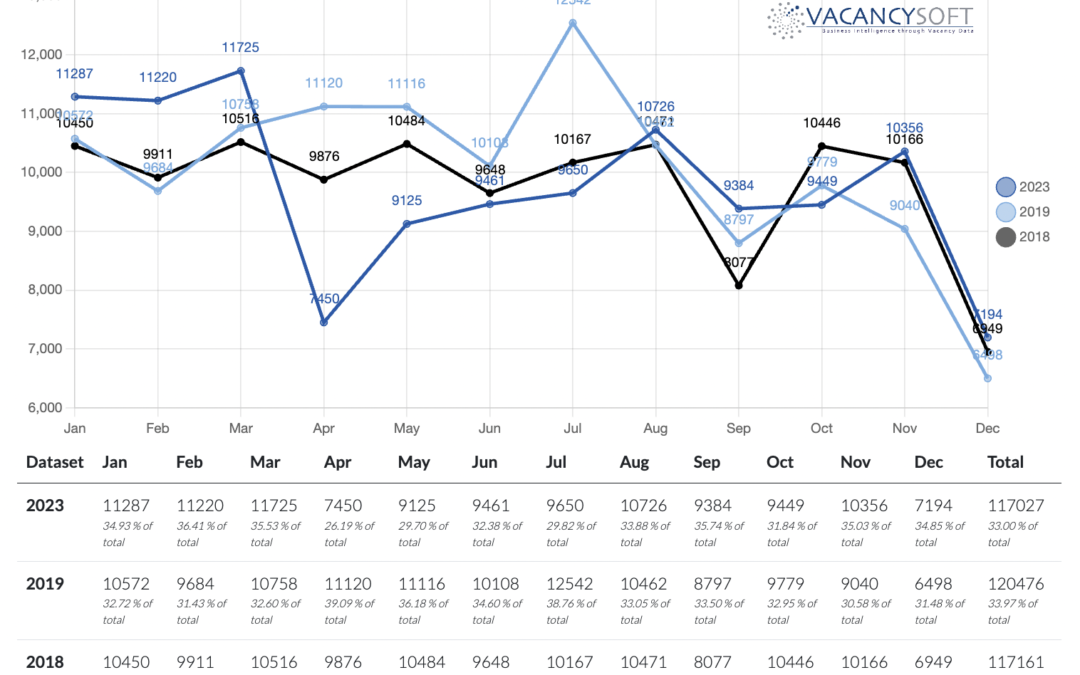
Looking ahead we are forecasting a fast start to the year, with Q1 projected to be the busiest business quarter of the year in terms of new vacancies.








